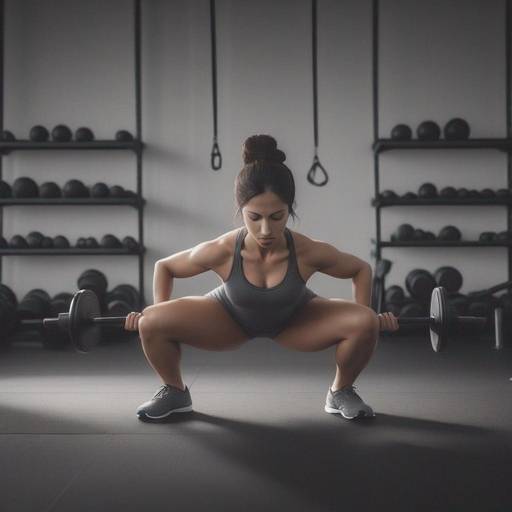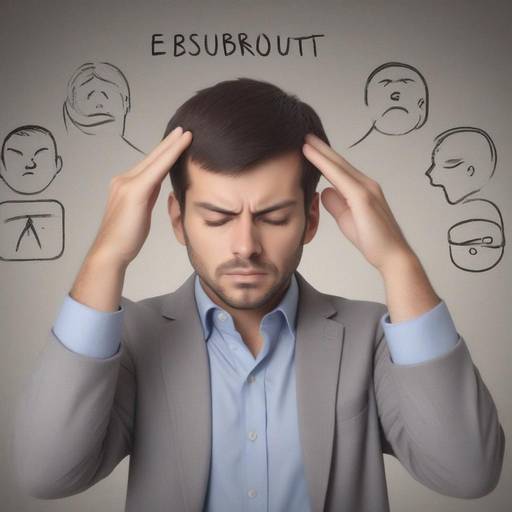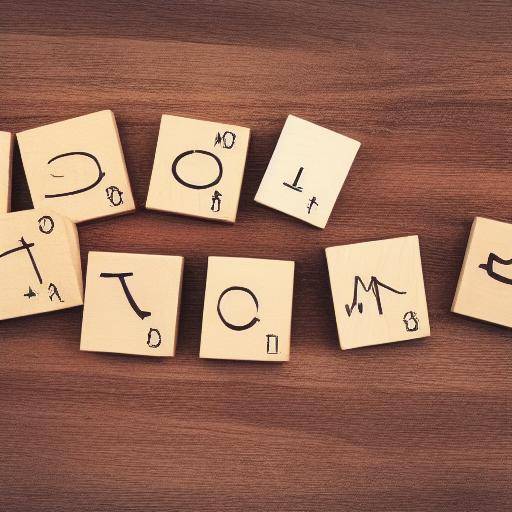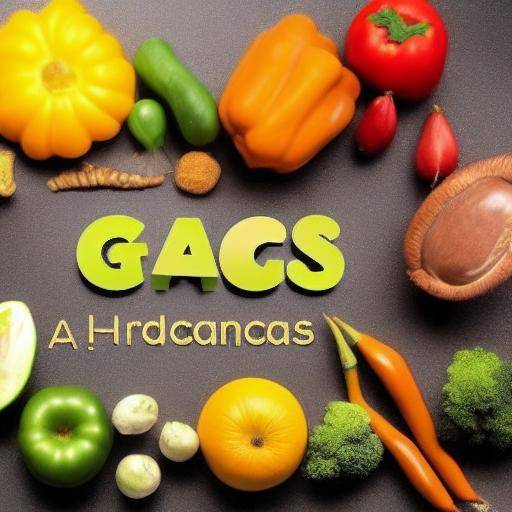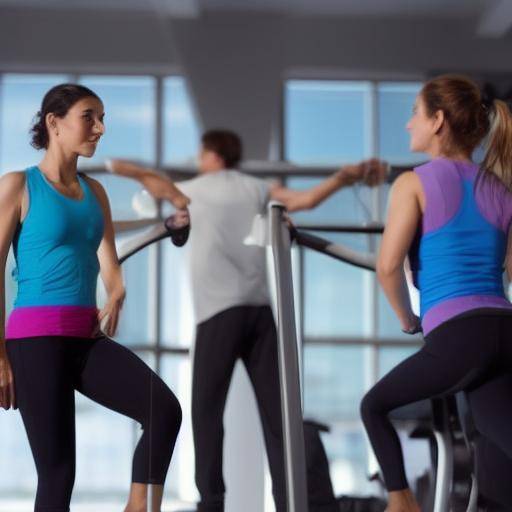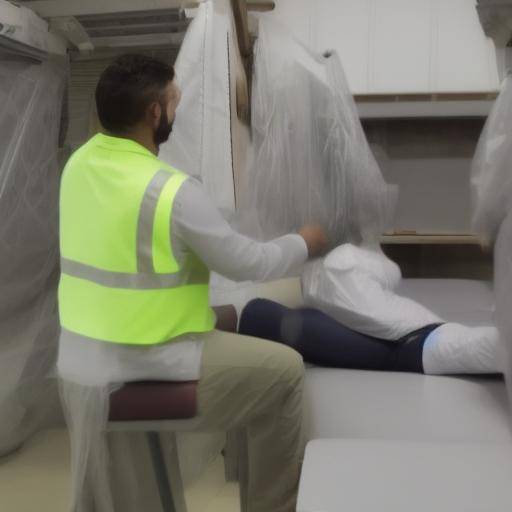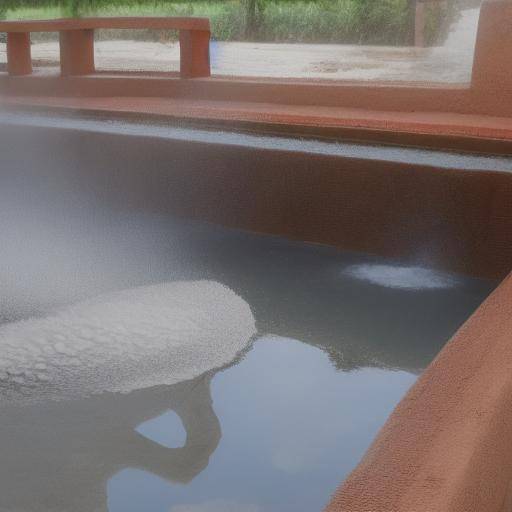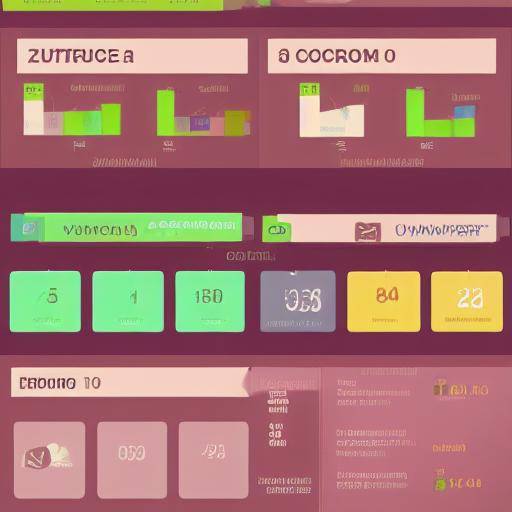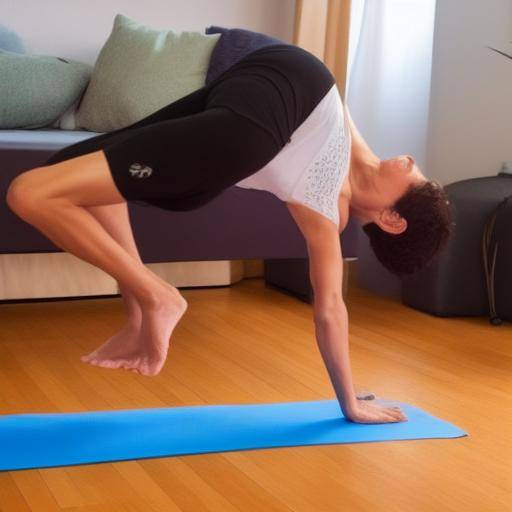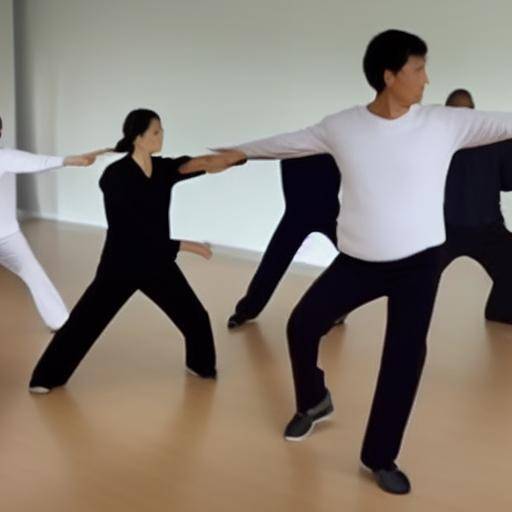
Tai Chi is an ancestral practice that combines soft movements, meditation and deep breathing to promote physical and emotional health. In modern life, where stress seems omnipresent, Tai Chi emerges as a powerful tool to manage and reduce stress, promoting a sense of physical and mental well-being. In this complete guide, we will explore in detail the role of Tai Chi in reducing stress and how you can incorporate this practice into your daily life.
Introduction to Tai Chi and Stress Reduction
Tai Chi, also known as Tai Chi Chuan, is a Chinese martial art that has become a popular form of gentle exercise and meditation. With its emphasis on fluid and calm movements, Tai Chi offers a unique form of physical exercise that can also calm the mind and reduce stress.
History and Background of Tai Chi
Tai Chi dates back to the seventeenth century in China, where it was developed as a form of personal defense and a practice to promote health. Its soft and elegant movements are based on concepts of Chinese philosophy, such as taoism and yin yang, which seek balance and harmony in all things.
Tai Chi Benefits for Stress Reduction
Tai Chi has proven to be an effective tool to reduce stress and promote mental well-being. Their gentle and meditative movements help calm the mind, while promoting the consciousness of the body and breathing. Numerous studies have supported the benefits of Tai Chi to reduce anxiety, improve mood and reduce stress symptoms.
How to Practice Tai Chi to Manage the Stress
If you are interested in incorporating Tai Chi in your life to reduce stress, here are some guidelines to start:
Find a Qualified Instructor
Find a Tai Chi instructor with proper experience and training to ensure that you learn the movements safely and effectively. A good instructor will guide you in practice, correct your posture and teach you to integrate breathing with movements.
Practice regularly
Set a regular schedule for your Tai Chi practice, either at home or in a group setting. Consistency is key to obtaining the benefits of Tai Chi. Even a few minutes a day can make a big difference in your overall well-being.
Combines Respiration and Movement
Focus on deep and slow breathing while making Tai Chi moves, which will help calm the mind and body. Appropriate breathing is essential to maximize the relaxing effects of Tai Chi.
Be patient with you
Tai Chi is a practice that requires time and patience to master. Don't get frustrated if you don't feel the benefits right away; keep the practice steady and be patient with yourself. As your body and mind become accustomed to movements, you will begin to notice a greater sense of calm and balance.
Tai Chi Basic Postures
Familiarize yourself with some of the basic positions of Tai Chi, such as:
- The white crane spreads its wings: This posture helps improve balance and concentration.
- Brush the knee: A movement that promotes flexibility and coordination.
- The embrace of the bear: A posture that promotes relaxation and body consciousness.
Incorporation in Daily Life
In addition to formal practice sessions, try to incorporate Tai Chi principles into your daily life. Practice deep breathing in moments of stress, keep a relaxed posture while working and be aware of your movements and emotions.
Experts on Tai Chi for the Stress
"The Tai Chi is a gift for the body and mind. Through her constant practice, I have seen how my students experience a significant reduction in their stress levels and a general sense of calm and balance," says Ana Gómez, Tai Chi instructor with more than 15 years of experience.
Conclusion
Tai Chi offers an accessible and effective route to manage and reduce stress, while promoting a general sense of physical and mental well-being. By incorporating this ancient practice in your daily life, you can open the doors to greater inner tranquility and a more balanced life. Don't wait any longer to start your journey to a greater serenity and calm!
Frequently asked questions
1. What is Tai Chi and how can it help reduce stress?
- Tai Chi is a Chinese martial art that combines soft movements, meditation and deep breathing to promote physical and mental well-being, helping to reduce stress and anxiety.
2. How long should I practice Tai Chi to see results in stress reduction?
- Even a few minutes a day can make a difference. However, regular and consistent practice is key to obtaining the best results.
3. Can I practice Tai Chi if I've never done exercise before?
- Yes, Tai Chi is suitable for people of all ages and levels of physical condition. It is a smooth exercise form that can be adapted to your capabilities.
4. Do I need special equipment to practice Tai Chi?
- You don't need special equipment, just comfortable clothing that allows you to move freely and a quiet space to practice.
5. Is it better to practice Tai Chi in group or alone?
- Both have benefits. Group practice can provide motivation and technical correction, while practicing only allows greater timetable flexibility.
6. Can Tai Chi replace other forms of exercise or therapy?
- Tai Chi can complement other forms of exercise and therapy, but not necessarily replace them. It is important to consult with a health professional to develop a complete welfare plan.
By following this guide, you will be well-designed to integrate Tai Chi into your daily life and enjoy its many benefits for stress reduction and overall well-being.


